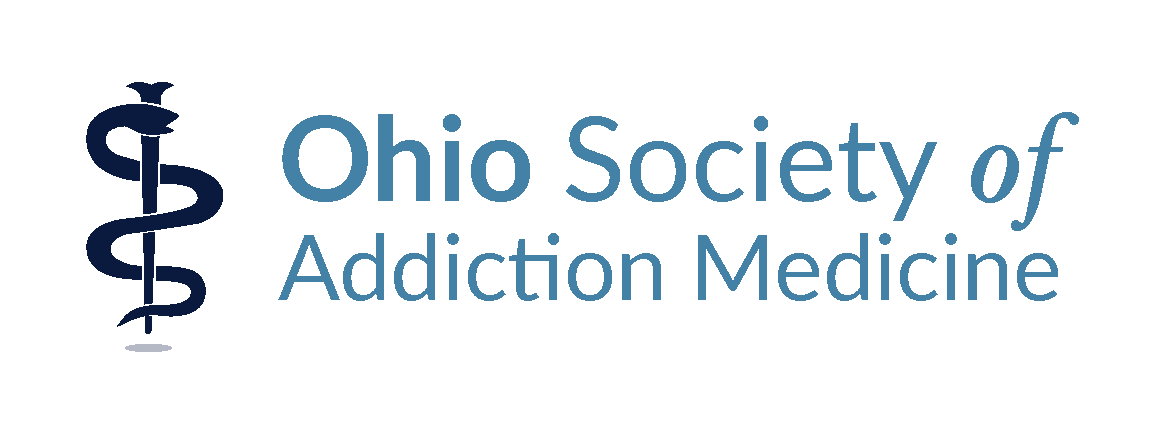Links to Advanced Practitioner Training in Ohio
Experts Say We Have the Tools to Fight Addiction. So WhyAre More Americans Overdosing Than Ever?
The risk factors for addiction were well understood by 2012, and some promising treatments had emerged. It was clear, for example, that anti-addiction medications could nudge people into long-term sobriety, especially when combined with talk therapy. But most doctors had not been trained to make use of that information.
Commission on Combating Synthetic Opioid Trafficking: Final Report
This final report describes items involving the illegal manufacturing and trafficking of synthetic opioids.
Tools and resources to improve clinical care and tips to enhance faculty presentations.
Fundamentals of Addiction Medicine
The ASAM Fundamentals of Addiction Medicine 40-hour program is an innovative educational program empowering primary care and other providers to diagnose and treat patients at risk for or with addiction.
Pain Management and Opioids Resources
Materials available to ER/LA Opioids prescribers and those affected by the prescriptions.
PCSS
A national training and mentoring project developed in response to the prescription opioid misuse epidemic and the availability of newer pharmacotherapies to address opioid dependence.
Treatment of Opioid Use Disorder Course Resources
Resources available to prescribe buprenorphine in office-based treatment of opioid use disorder.
MRO
ASAM is currently not offering MRO Training Courses.
The medical review officer (mro) field is complex and rapidly evolving due to technical advances, regulatory changes, and new patterns of abuse. Testing for substances of abuse is now the rule rather than the exception in settings as diverse as the workplace, the doctor’s office, and many schools throughout the country. The drug-free workplace act affects all federal agencies. Mandatory alcohol and drug testing is now required of all intrastate truckers, commercial driver’s license holders, and other transportation workers. Joint government agreements between the united states, canada, and mexico monitor truckers crossing international borders. Federal regulations require mro qualification and re-qualification training followed by certification and recertification by a nationally recognized medical review officer certification board every 5 years.


